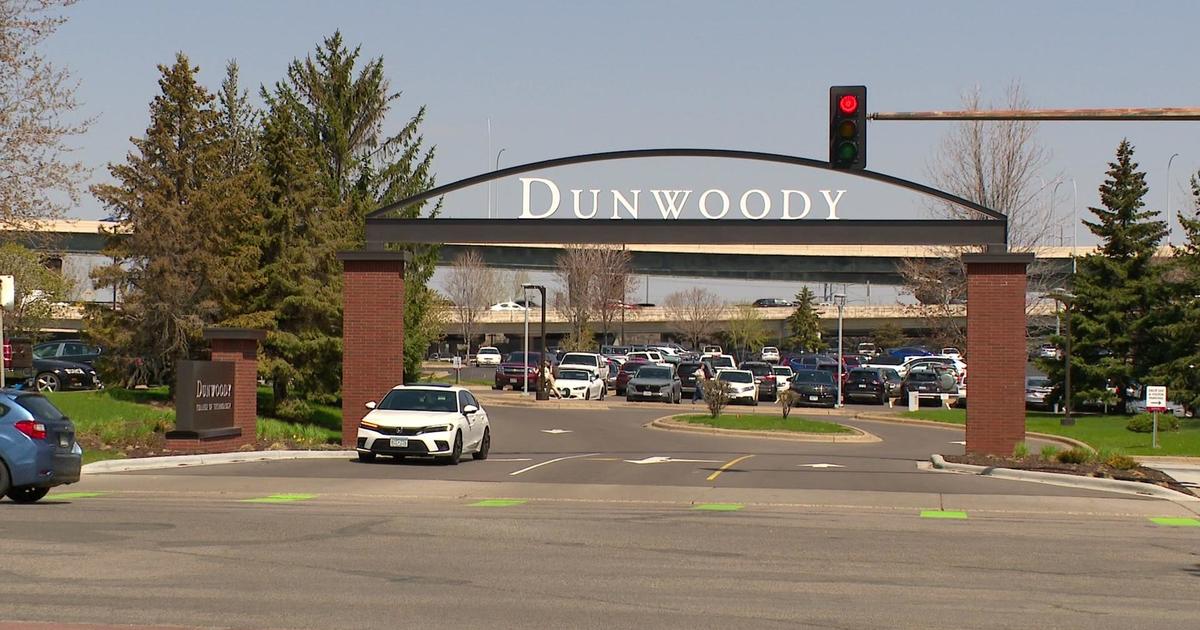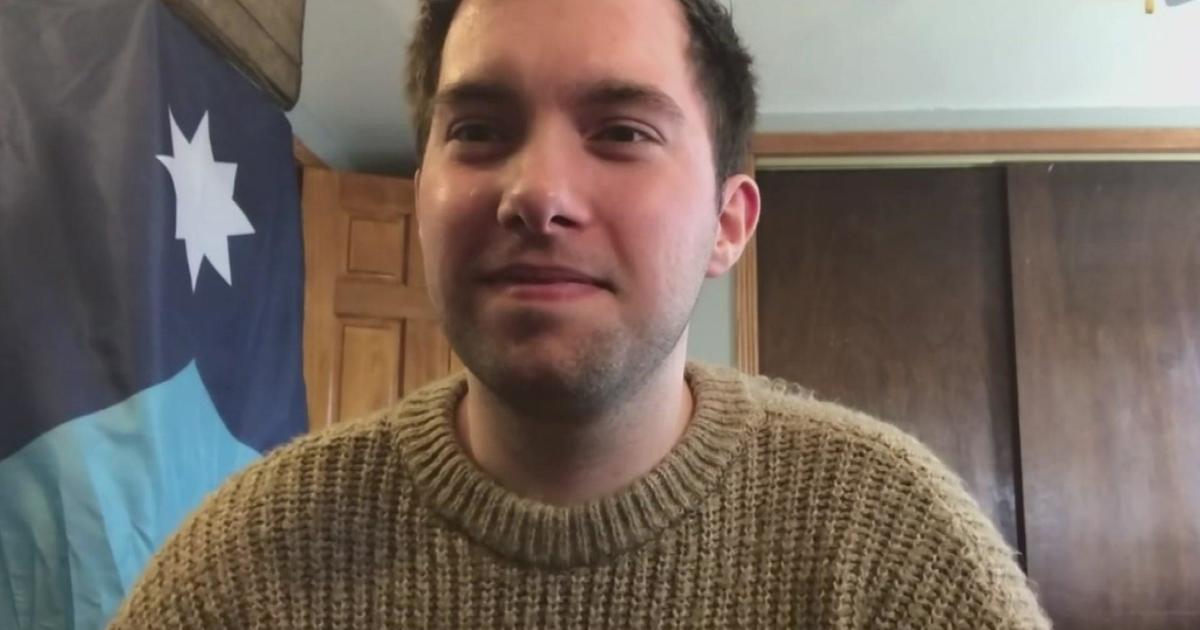Mpls. 911 Investigations Prompt Questions From City Leaders
MINNEAPOLIS (WCCO) -- City leaders are questioning a new staffing plan at Minneapolis 911 after a WCCO-TV investigation found that some calls are going unanswered for minutes at a time.
After WCCO-TV's reports, city council members asked to meet Wednesday with 911 director Heather Hunt.
Cross-training at the emergency center has meant that staffing levels are the lowest they've ever been on some shifts. The city says that training will eventually improve service.
The city touted the meeting as a way for leaders to learn more about a system that was meant to improve 911 service in Minneapolis.
But one Minneapolis family doesn't see it that way.
Arcola Tullis called twice over five minutes to get help as her husband, Raymond Callahan, had a heart attack.
Callahan died days later at the hospital.
"I was very sad and very, very upset," said Karen Bailey, Tullis' daughter. "I haven't left my mom since that day."
Minneapolis Mayor Betsy Hodges referred to WCCO-TV's first report on 911 call times as "sensational" after callers and 911 employees came forward with concerns.
The mayor's words inspired a slogan for operators and dispatchers who wanted to see the city step in. The 911 workers wore bright yellow-green shirts Wednesday that read: "We do not sensationalize safety."
"The citizens, they have no clue," one worker said. "They have no clue [of] the lack of staffing down there."
Currently, the dispatchers and operators are being trained to do each other's jobs. But staff says it's led to times where there just aren't enough people available to pick up the phones.
As part of an investigation, WCCO-TV captured an 8-minute stretch where calls weren't consistently being answered.
The city said 90 percent of calls are answered within 10 seconds or less.
But city council member Blong Yang expressed concern Wednesday about those 10 percent of calls not answered so fast.
"Even within the context of 10 percent, that's a substantial amount of phone calls — about 40,000 phone calls," Yang said. "What happens to those phone calls?"
In response to that question, Hunt, the city's director of emergency communications, said the center doesn't have a good way of measuring what happens to those calls.
She said cross-training is halfway complete, and that the center will likely add workers to overnight shifts.
The 911 center will also install a new computer system so they'll be better able to measure how many callers wait too long for help.
But no matter the new plans, Tullis will never get the chance to make the most important call of her life again.



